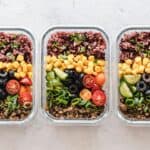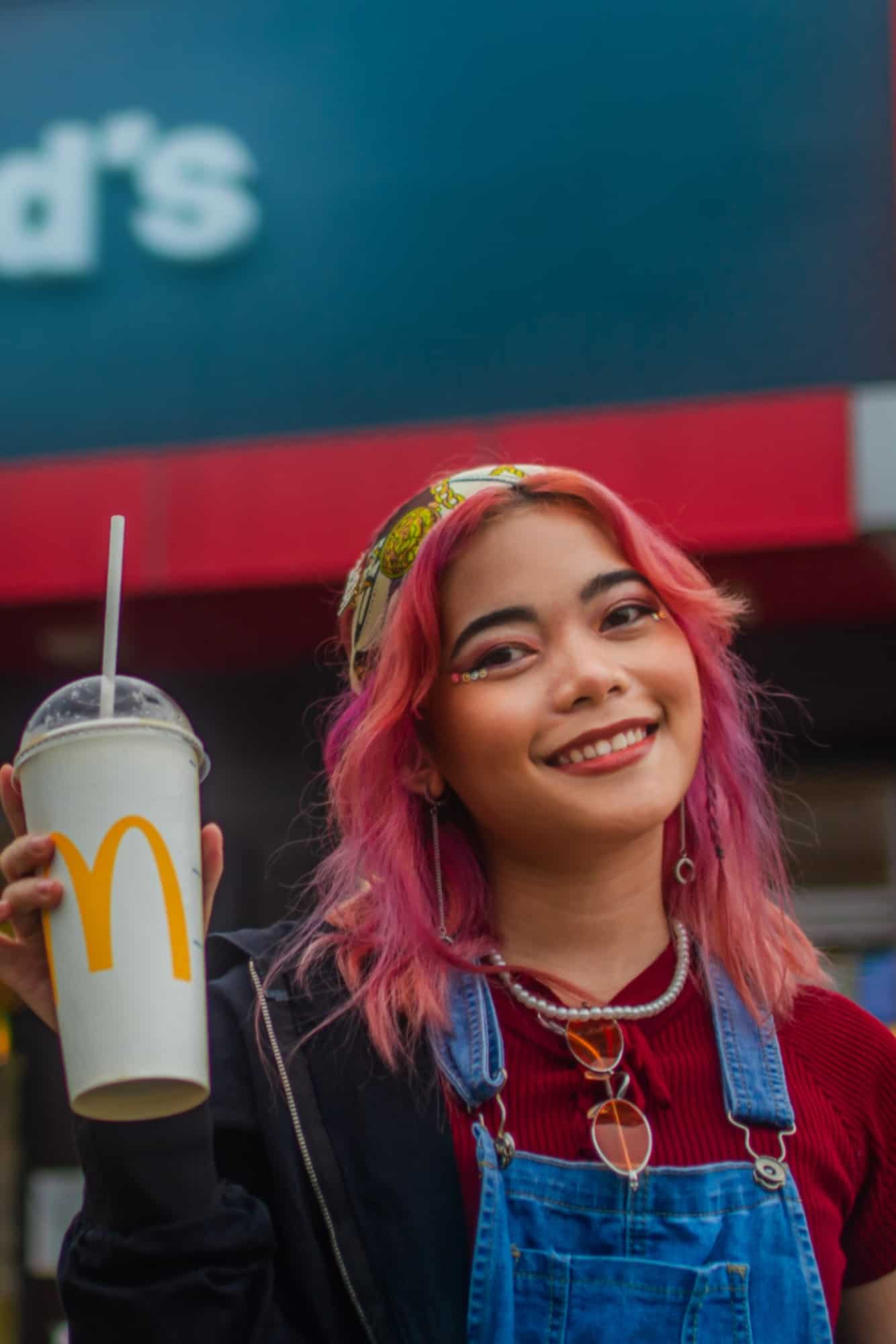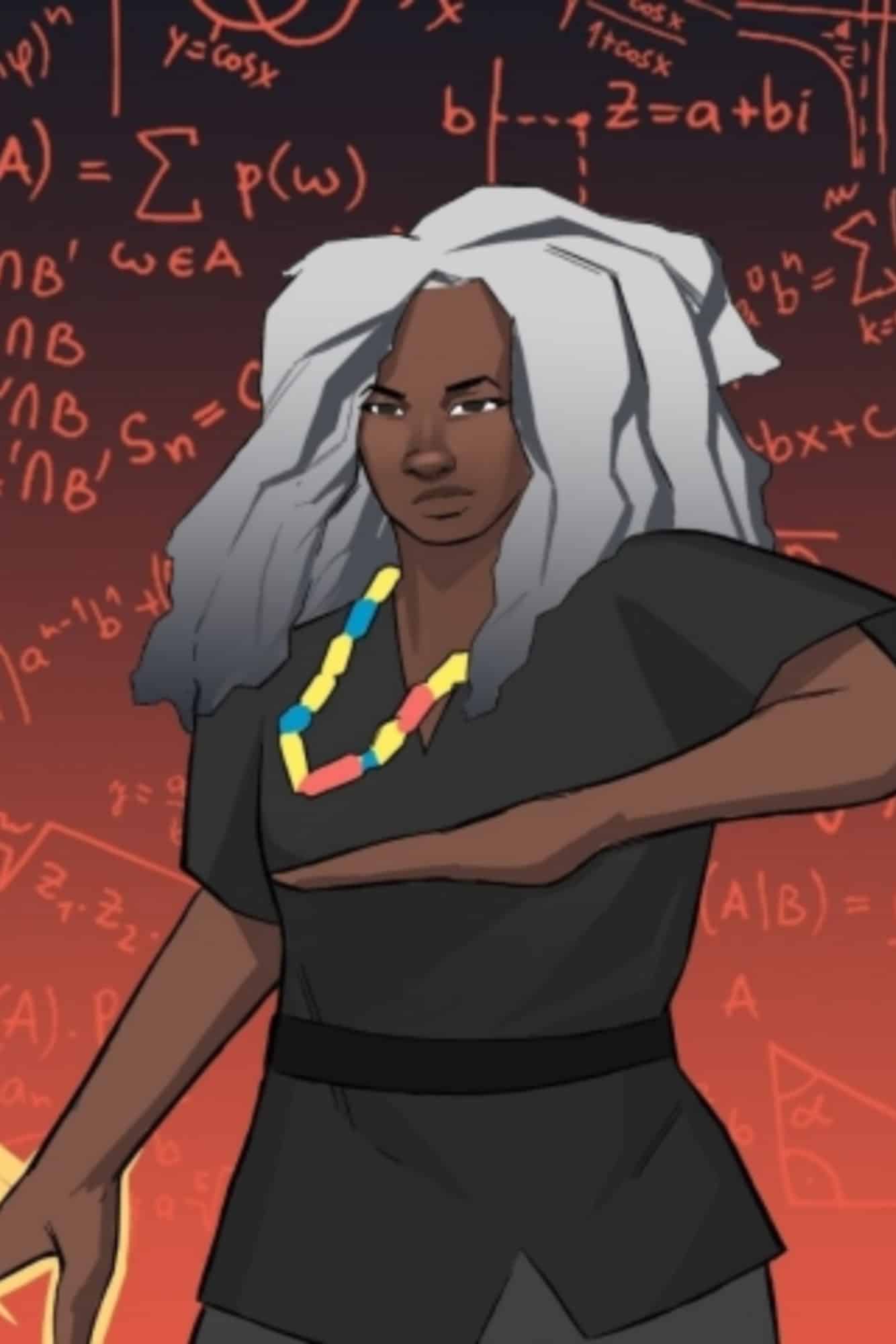One of my favourite moments of 2021 so far has to be January 13th when Health Secretary Matt Hancock squirmed under Piers Morgan’s rigorous questioning on Good Morning Britain as he was reminded of voting against free school meals back in 2020. Despite refusing to admit that he regretted his vote and insisting he is now “so pleased” that the meals are being delivered, the system has come under massive scrutiny after mothers took to Twitter to reveal that the food parcels for children meant to be worth £30 consisted instead of an inadequate amount of food worth approximately £5. Families rightly complained that a loaf of bread, cheese, some carrots and a tin of baked beans was not enough to feed even one child for a week, let alone three. The posts caught the eye of footballer Marcus Rashford, who has consistently campaigned against food poverty in the UK throughout the pandemic, delivering meals to families in Manchester and starting a petition to extend the free school meals scheme throughout half-term. Within hours of his tweets slamming the meagre offerings, Rashford was on the phone to Boris Johnson and the scheme was being investigated.
But Marcus isn’t the only public figure using his platform as a voice for the vulnerable. The person who broke the story to me, and to many others was food blogger and activist Jack Monroe. She was the first influencer to respond and comment on the scandal, primarily because a lot of the desperate parents were contacting her directly thanks to her reputation as a food poverty activist and previous experience as a single mother living on welfare. Her subsequent thread explaining the many different issues with the food boxes (not enough food, unnecessary packaging and handling during a pandemic, the demonisation of the poor) she also raised the very important question of where was the money actually going and who was making a profit extorting vulnerable children? The thread went viral very quickly, receiving nearly 50,000 likes and allowing this injustice to trend, bringing it to the attention of others such as Marcus.
This isn’t the first time influencers have used their social platforms to shine a light on socio-economic issues that go on to impact the world of politics. Who can forget the surge in voter registration ahead of the 2019 general election, moments after YouTuber KSI reminded his followers to vote? Or how filmmaker and environmental activist Jack Harries’ documentation of his arrest during a peaceful protest at the 2019 International Petroleum Week catapulted his cause to the mainstream media at a time when the government were trying to criminalise his actions?
You may also like
Both of these influencers have used their platform and audience of millions to ensure that those marginalised issues and underrepresented demographics are remembered by those responsible for them. They are able to remind our leaders of their inadequacies, and that running a country is more than just negotiating trade deals, it’s about protecting those who are in it. It is also a caution that no matter how much the government may try and distract the public with other matters, there’s always someone with a big platform who may be watching out for the little guy and decide to use their digital influence to change everything.
For more information on child food insecurity in the UK and to find out how you can help, visit #endchildfoodpoverty.
By Lucinda Diamond, food and travel editor of CORQ. Picture credit @marcusrashford on Instagram.










Cancel culture isn’t censorship, it helps hold powerful people to account